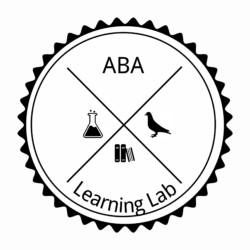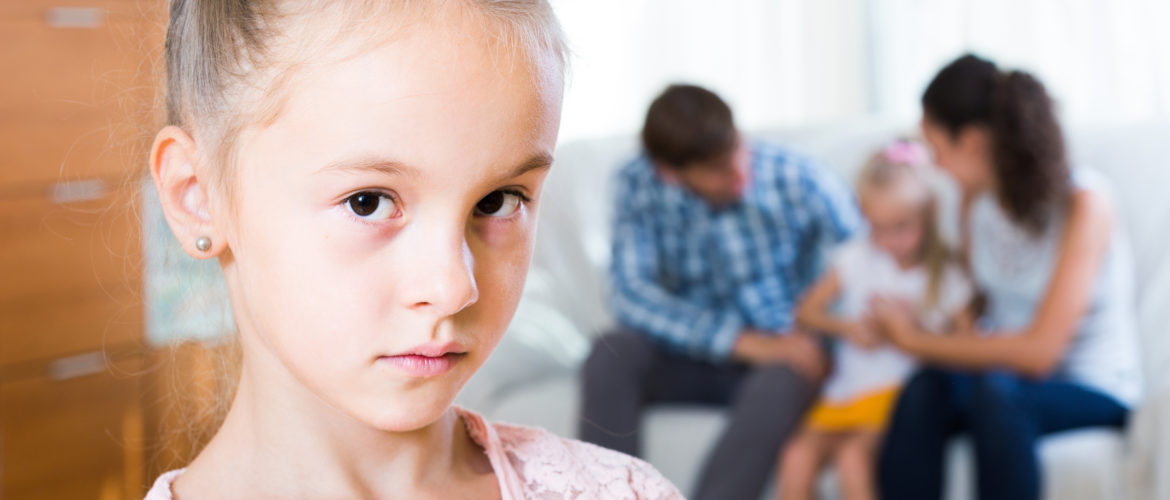Angela Nelson, MS, BCBA. Executive Director of Family and Clinical Services, Rethink.
Therapies, doctors appointments, assessments, waitlists, repeat… a large part of so many parents’ lives who are raising a child with a developmental disability. Countless hours, resources, and love go into what seems like a full-time job. We know these things are so important but what happens then, when there are other children in the home who need care and attention too?
With about 1 in every 6 children being diagnosed with a developmental disability (Boyle et al., 2011) and 80% of children in Europe and the US growing up with siblings (Beeman & Woo, 2012), you can imagine that makes millions of “typically developing” siblings (commonly referred to as “sibs”) of children with disabilities. Aside from a parent-child relationship, the sibling relationship is often the most intimate and close bond a person can have.
Though there is not a large body of research on this specific sib population, there are countless support groups, books, and resources to help sibs with their unique home lives… resources parents may not even realize that their other children need. Emotions such as guilt, embarrassment, resentment, isolation, fear of the future (e.g., what will happen to him or worse, who will care for him when my parents pass away), and a need to overcompensate or be a high achiever have been reported from sibs, sometimes unbeknownst to their parents. Some sibs have reported not wanting to share such feelings for fear of burdening their already taxed parents.
What then, can parents do to support the sibs in the household? The good news- a lot. The type of support as well as the way a family member’s disability is framed at home can translate into very positive outcomes for a sib in their own lives- from more acceptance of others, a higher level of sensitivity to different abilities, and insightfulness, to appreciation for what others take for granted, and a greater maturity level than their peers. So how have parents helped their sibs thrive and achieve such positive attributes and outlooks on their home life, such qualities so many people strive to have? Let’s take a look:
-
Maintain open communication-
Keeping the lines of communication about a sibling’s disability open can decrease anxiety, demystify the diagnosis, and increase cooperation and acceptance. Encouraging their expression of feelings, positive or negative, without judgement, listening, and expressing your own emotions can normalize feelings and strengthen bonds.
-
Meet with the sib’s teacher-
Teachers can provide opportunities to educate peers about the disability and serve as a confidant or intervene if difficult questions or teasing from peers arise. If teachers know of increased stressors at home, they can provide extra patience and support.
-
Normalize life as much as possible-
Take vacations, invite friends over, and spend 1:1 time with the sib. This may mean taking advantage of respite services so a caregiver can temporarily support your child with a disability. Also avoid giving caregiver roles to a sib too early and try to balance opportunities for him/her to be cared for as well as being the caregiver. Encourage finding common ground among siblings and a “typical” sibling bond whenever possible
-
Seek community support-
Caring for the sib’s mental and emotional health can be done with a variety of different methods, whether it is through individual counseling, reading books (e.g., The Sibling Slam Book, 2005), or even fun groups. “Sibshops” are nationally well-known groups for sibs that provide fun opportunities to meet other sibs, share the good and not-so-good parts of being a sib, learn about disabilities, and play games (https://www.siblingsupport. org/). The ARC, the largest national community-based organization for advocacy and service of individuals with intellectual/ developmental disabilities and their families, also provides excellent resources to siblings (http://www.thearc.org/siblings). Groups can be an excellent way to help sibs feel a sense of community and meet others with similar experiences (Beeman & Woo, 2012; Ladew & Chevalier, 2009).
Overall, it’s important to acknowledge that raising a child with a disability can be stressful on the whole family but the good news is there are also many supports out there for the whole family- supports that can really change the entire outlook on how, in this case, siblings view their family life for the better.
References:
Beeman, P., & Woo, A. H. (2012). Siblings of students with chronic illness or disabilities: Advice for parents. Bethesda
Boyle, C.A., Boulet, S., Schieve, L.A., Cohen, R.A., Blumberg, S.J., Yeargin-Allsopp, Marshalyn, Visser, S., Kogan, M.D. (2011). Trends in prevalence of developmental disabilities in US children, 1997-2008. Pediatrics, 127(6), 1034-1042.
Ladew, P., & Chevalier, M. (2009). Survival guide for families: Meeting the special needs of children… The Exceptional Parent, 39 (12), 60-63.

